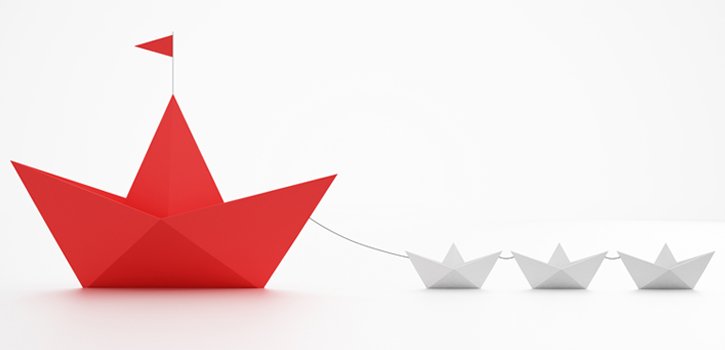As you shop for your first or next powerboat, sailboat, or yacht, the size of the boat should be one of the first factors to consider. To have made your purchase and later realize you should have gone larger or smaller can be very upsetting.
Narrowing Your ChoicesBefore mulling over all the factors to decide which size powerboat, sailboat, or yacht, setting your price limit should be the first consideration. Unless you are an oil sheik or a Mega-Millions winner, this parameter might narrow your options a bit.
However, note that even if your budget is unlimited, you can still make the mistake of buying a boat that is too large or too small for your purposes.
Once you know what you are willing to spend to purchase, operate, dock, and maintain your vessel, selecting the right size becomes an exercise in practicality. Consider the craft’s primary purpose, where you will go, how many people you want to accommodate, how long you will be out, and your comfort with navigating in tight spaces.
How Will You Use the Boat?
The purchase of the ideal powerboat, sailboat, or yacht is not a short-term consideration. Whether you are a live aboard, a devout fishing enthusiast, or a weekend sailor, think in detail about the range and capacity, space for passengers, operating costs, dock space, and other elements before zeroing in on your final choice. In general terms, boat outing activities consist of three categories: cruising, fishing, and watersports.
According to Grow Boating, there are around 12 million registered boats operating in and around the United States. Of those, 95% of the boats were smaller, towable boats under 26-feet. Of those, 88% are used for cruising, relaxing, socializing, and sightseeing. About 38% to 57% are engaged in watersports and fishing. Most of these boats were confined to freshwater lakes and rivers.
With ocean-going boats, however, size becomes a greater issue for passenger safety and comfort. Larger, sturdier boats handle and maneuver better in the heavier waves and conditions of the open sea. Smaller boats toss and turn in rough water and can endanger you and your passengers.
Boats and yachts of any kind over 30-feet are more adaptable to deep-sea conditions. Those cruising only on inland waterways and lakes can be smaller.
How many People Will Be Aboard?
Just because you can squeeze fifteen people onto your boat, doesn’t mean they will be safe. Project the number of people you may want to have aboard and choose a boat size that safely and comfortably accommodates them. The boat’s capacity limit should be indicated somewhere near the operator’s console or transom. A very general rule of thumb is that:
Maximum # of Passengers = (Length x Width of the Vessel) ÷ 15
While comfort is important, it is more crucial to be safe. However, your passenger estimate may be further limited by the number of seats, the average weight of all passengers equaling 150 lbs., and the volume of sports equipment, fishing gear, and supplies you will carry. It is a very bad idea to exceed the capacity limit, so make sure your boat or yacht is sufficiently large to accommodate everyone safely.
How Long will You Be Out on the Water?
If you are planning to make overnight voyages, your boat or yacht should be equipped to accommodate sleeping for all passengers, cooking, closets, space for relaxing, and at least one bathroom and shower setup. Your cabin area and covered deck area will need to be spacious enough to protect everyone from the elements when needed.
Will You Be Living Aboard the Boat?
Looking for a yacht to be your future home is not much different than shopping for a house or condominium. Assume your needs will be approximately the same aboard your vessel as they are in a land-based home. Don’t settle for too little space because life aboard a boat still demands all the same conveniences of life to which you are accustomed. Your personal space and room to entertain will always be important considerations.
Can You Operate It Safely?
Being able to safely operate the vessel of your chosen size is crucial. Larger yachts, whether powered by motor or sail, require extra skillful handling. If you have no experience at this level, you should consider taking classes to learn and be certified to manage in any situation or weather condition.
Contact Cape Yachts
Cape Yachts, with offices in South Dartmouth, MA and Newport, RI, represents the highest quality new boat and yacht manufacturers in the world. As well, the company is a prominent broker of beautifully maintained, previously owned watercraft.
Visit the Cape Yacht’s website to learn more about our services and view our current inventory of watercraft.

